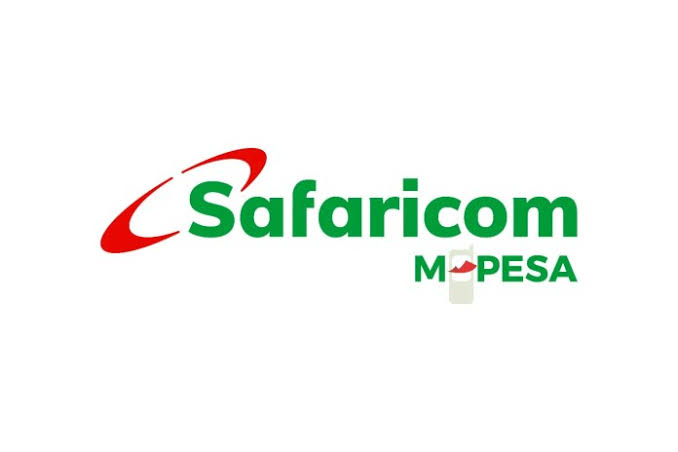Safaricom’s profit in Ethiopia plunged by 17.7 percent to KES 28.1 billion, down from KES 34.1 billion, according to the company’s half-year financial report released on Thursday.
As one of Africa’s leading telecom operators, the decline in profit for the half-year that ended September 30, 2024 was largely attributed to the depreciation of the Ethiopian birr, a currency that lost 15.5 percent of its value on the global market within the year.
Despite the setback in Ethiopia, Safaricom CEO Peter Ndegwa emphasised the company’s overall performance was strong, particularly in Kenya. He highlighted Safaricom’s excellent success in the Kenyan market and reaffirmed the company’s commitment to providing value to its customers.
“Our business is fantastic with the show of real, strong momentum in Kenya,” Mr Ndegwa said, adding that “we are proud of the value we have been able to offer to our customers.”
Ethiopian birr’s impact
The report estimated the depreciation of the Ethiopian birr to have impacted Safaricom by about KES 17.5 billion, a figure that has prompted the company to reassess its obligations and available options, while taking into account foreign denominated debts and leasing contracts.
While Safaricom faced challenges in Ethiopia, its operations in Kenya thrived with revenue growth across multiple sectors. For instance, mobile services rose in revenue from KES 90.8 billion to KES 91.3 billion, while M-PESA, Safaricom’s mobile money platform, recorded an increase from KES 73.7 billion to KES 77.2 billion.
Read also: Safaricom denies releasing customers’ data to the police
African tech companies bear brunt of continent’s financial challenges
This report comes at a time when many tech companies in Africa were facing their worst financial crisis. Last week, Jumia reported an operating loss of $20 million in Q3 2024, a 10 percent increase in loss from the $18.3million recorded for the same period in 2023.
A significant number of African technology firms including Wasoko, Dash, Sendy, Jumia, iProcure, and Twiga Foods have struggled with funds to keep their companies afloat.
Industry watchers continue to debate whether the struggles signify deeper challenges in the African tech ecosystem or just a typical business experience.
















